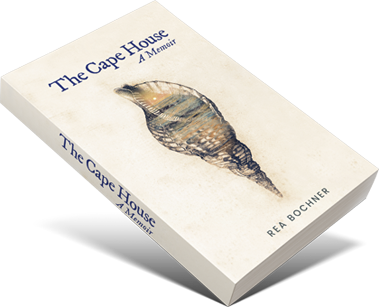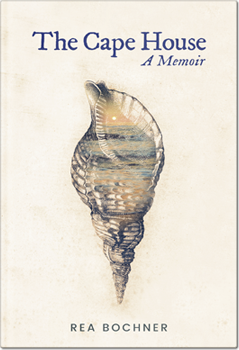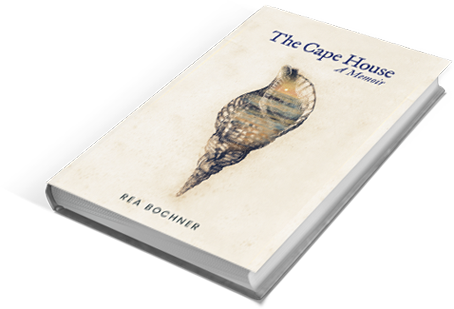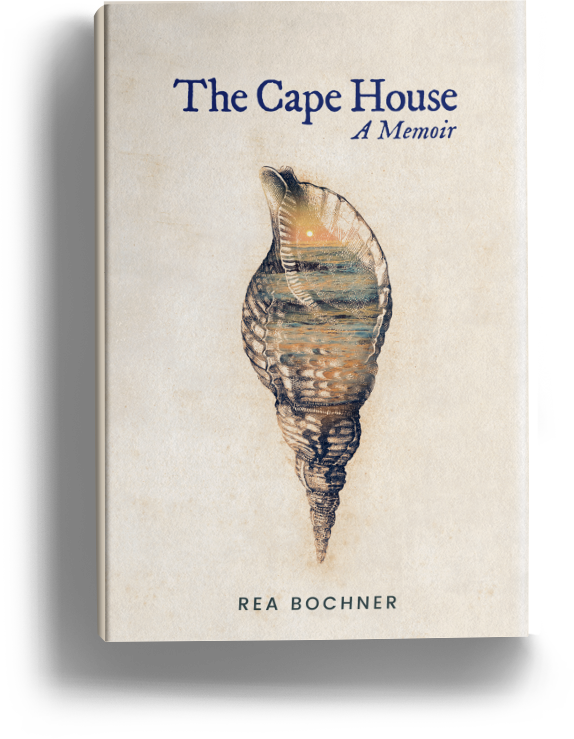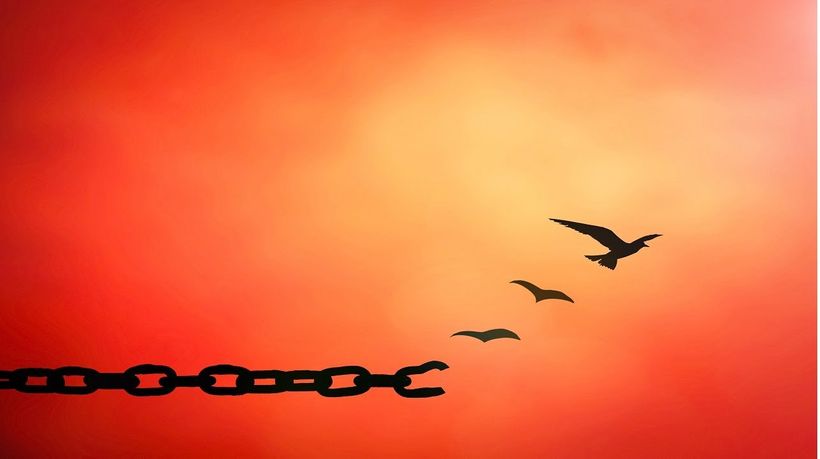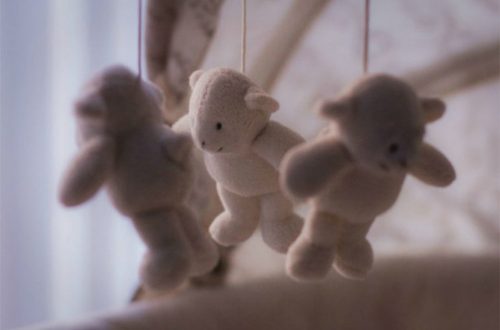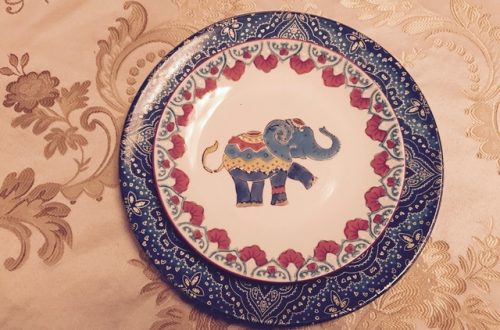Coming up in just a few weeks is what would have been my 16-year anniversary of abstinence and sobriety. But I won’t be celebrating it, because I’ve just gotten clean after a relapse. If I’d heard a year ago that this would be the case, I wouldn’t have believed it. I worked a hard 12-step program, I was committed to recovery, and I wanted a spiritual life more than anything.
At least, I thought I did. But it turns out there was something I wanted more.
Four years ago, I took a job in which I had the privilege of serving the women of a Jewish community. I was passionate about the work, I was good at it, and the women liked me. In exchange, my family got a place to live and my four-year-old went to preschool for free. It was a sweet deal.
But after only ten months, I was dismissed. The reason: someone I’d known in grade school informed the people I worked for that when we were both eight years old, I had sexually assaulted her. (Yes, you read that correctly.) At the time, the Jewish world was stewing over the discovery of a rabbi in Washington, D.C. who had violated numerous women by videotaping them undressing in the mikvah, a women’s ritual bath, without their knowledge. Panicked, my employers told me, with no warning, that I had 30 days to pack up my family and leave. When I asked the leadership if we could discuss the situation and respond to it constructively, I was told, “The truth doesn’t matter; this is the age of Facebook. And I have a job to protect.”
Just like that, my life and my family’s lives were upended. We scrambled to find a new place to live, to find a new school for our children mid-year, and to somehow function through the shock. I look back on that stretch now as one of the most traumatic times of my life. For two months, I lost my appetite, which I learned later is a classic fight-or-flight response to crisis. I discovered the mental torture of questioning your own memory and even your own sanity. Someone had said that I’d sexually assaulted them, but I had no idea what they were talking about. How was that possible? I moved through the community humiliated, knowing that rumors were swirling about me, but unable to speak up for myself. It was as if someone had stolen my voice.
The happy result of all this was that we were able to return to a community we loved and still love, and where it has turned out to be best for us.
But that’s not the end of the story.
As we settled into the next chapter, a deep and righteous anger took up residence inside me. It bled beyond the characters involved in my old job and into wholesale condemnation, not just of a leadership so concerned with covering their ass that they couldn’t stand up for the truth, but of all Jewish leadership. And if the Jewish leaders couldn’t get it together, then the fault was with Judaism. I blamed men, I blamed women, I blamed rabbis, I blamed child abusers, I blamed humanity, I blamed New York, I blamed the Nazis, I blamed Theodore Herzl, and, of course, I blamed myself. Blame felt good. It gave me a spot I could point to on my imaginary map of the world – that is, the world where what happened to me shouldn’t have happened. In that world, I could be right. I could have the justice I wasn’t given.
The result was that I drifted farther and farther away from God, The One Who Was Really to Blame. The process was gradual; as my friend Billy says, “It starts when you don’t want to eat your vegetables anymore” – which was actually true, in my case. I skipped a meditation one morning, then another, then another. My prayers became rote words I rattled off without even hearing them, until I stopped saying them all together. I avoided going to synagogue; the times I did go, I cracked jokes with my friends the whole time. I judged my sponsor and people in my meetings who said that anger was the luxury of people who weren’t addicts, that it would ultimately separate us from the God we needed to survive. I scoffed; clearly, they hadn’t been through what I’d been through. If they had, they would know there are certain things you’re entitled to stay angry about.
I got too “busy” to go to meetings. Instead, I tried to coast on the clean time I’d accumulated, hoping it would carry me on autopilot. The Big Book of AA calls this “resting on our laurels,” and I rested, big time. I was basically comatose. And so the gap between me and my spiritual center grew wider, wedged apart by bitterness.
Then one day, the idea occurred to me that I could probably eat sugar again. Definitely flour. And I did. My husband, bless his heart, freaked out because I hadn’t eaten either of them in 15 years and had told him 1,000 times that if I ever ate them I would eventually relapse and likely die. But this time, I told him it was okay. He didn’t believe me, but he knew better than to wrestle with a rattlesnake. It was okay for a while – that is, okay like someone walking the yellow line on a busy highway is okay. Within three months, I found myself up 30 pounds and eating a Carvel cake with a spoon.
So maybe I wasn’t okay.
On January 1, I told my sponsor – whom I had fired, by the way, for someone who said things I liked to hear – that I had relapsed and wanted to start again. She said, “Okay.”
So on March 29, I will not be celebrating 16 years clean. God willing, I’ll have around 3 months. For about a week my ego railed about it, but now I don’t care because I just want to get well. They say that the person with most clean time is the person who woke up earliest this morning. I wake up pretty early, so I’ll go with that.
On the other side of relapse, here’s what I know: I was happy to be spiritual when life worked out (mostly) the way I wanted it to. But when it didn’t, I wanted to be right more than I wanted recovery. I wanted things to be fair more than I wanted peace. And I clung onto anger as a substitute for the justice I believed I deserved. In reality, I don’t deserve anything; I’m lucky just to be here. And I have no clue about what’s just and unjust in God’s world.
A shitty thing happened to me and I held onto it and made it happen to me again and again every day for four years. I didn’t want to forgive because I believed that forgiveness was defeat – a gamble on which I bet my sobriety and lost. I’m starting to get now that forgiveness is not about defeat or victory. It’s just giving up hope of having had a better past.
Here’s what else I know: horrible things happen to people all the time, things way worse than what happened to me. “Such is life,” as my mother would say. There’s no reason to any of it that we can grasp, no rules we can cling to to ensure our protection. There is no fair. We get what we get, and we decide what to do with it. I’ve tried anger, and I relapsed. Now I’m trying forgiveness.
So far, forgiveness is better.
